Social Media’s impact on political advertisements in recent years has been enormous. The algorithm created online for social media users unjustly molds the minds of young voters through systems of advertisements. Regulation on the types of ads being produced must be made by social media companies.
Throughout the history of American politics, advertising has been largely distributed through outlets like newspapers, television, and radio with millions of dollars in funding being put into these outlets by campaigns. This has created an interesting dynamic where the party running who earns the most funding from donors often succeeds in the election.
Now, political outreach has made its way to social media where there are millions of young minds who can be influenced/persuaded into certain political views. Using people’s data and online history, ads are systematically shown to Americans who are most likely to resonate with certain ads.
“I had friends who were aligned to certain political parties who received tons of advertisements this election cycle,” said Jason Contreras, a senior in the PEACE pathway.
The use of personal data and history online to tailor ads to social media use is an absolute invasion of privacy and takes away from the importance of actual policy in politics. By showing ads that simply just attack the other party, we are further separating voters and turning politics into a fight of who is more likable, rather than who is genuinely best for the future of the country.

“I have noticed an increase in smear advertisements on social media this election cycle,” said Economics and Government teacher Ms. Boyd.
By removing these smear campaign ads from social media altogether, voters would be more likely to do their own research into who they feel genuinely carries the values they hold.
It can be argued that campaign commercials on social media are just yet another way of getting the message out about a campaign, but these ads aren’t just spreading policy information. Social media apps collect large amounts of data from users that political candidates use to target groups of voters. This allows for ads to be tailored for specific viewers, blocking young Americans from broadening their political opinions.
Social media is also home to enormous amounts of misinformation, which political candidates use to spread their own misinformation about opponents and themselves.
Future elections must have far more regulations and limitations to stop the further dividing of our country and the influx of smear advertisements.





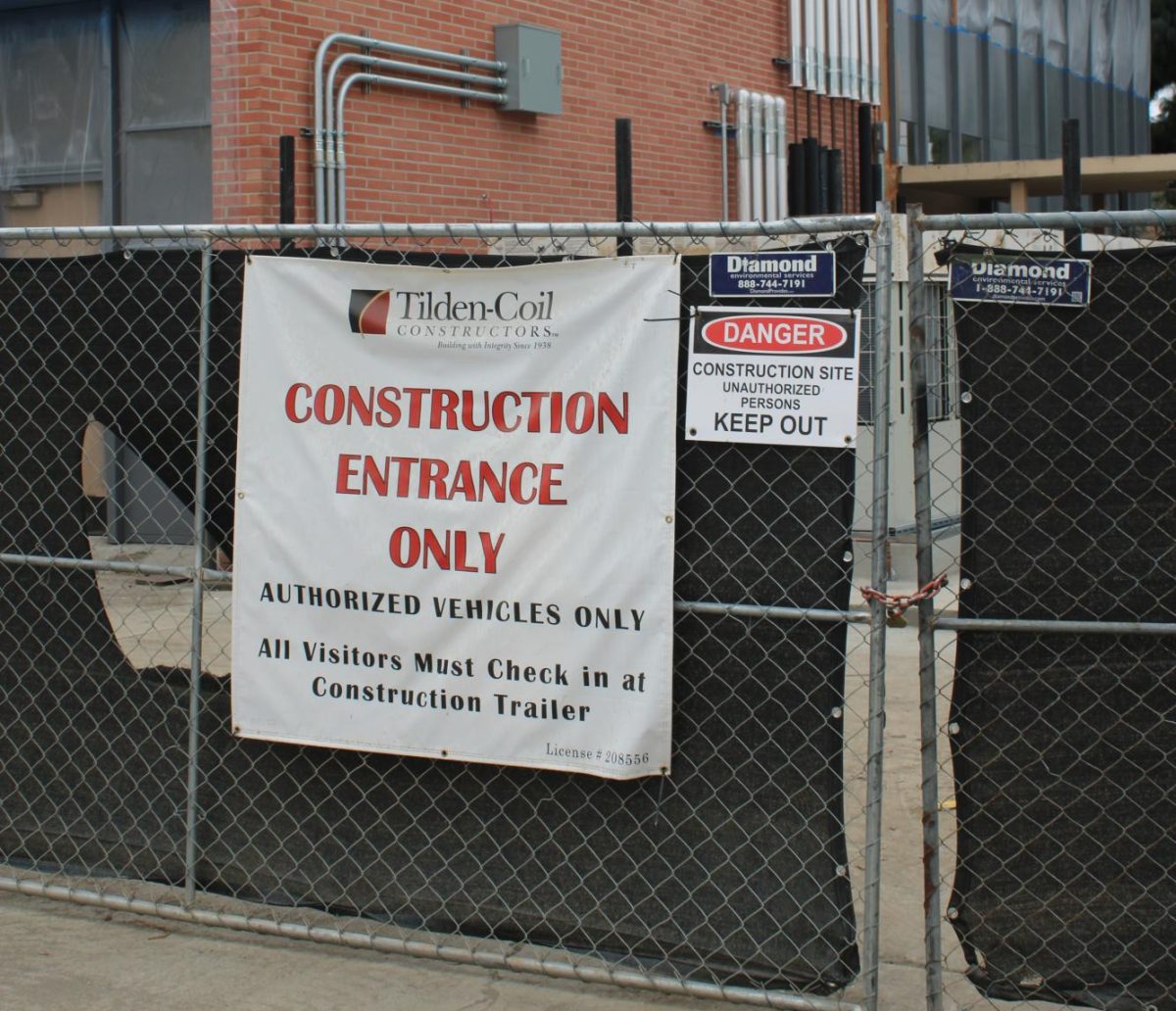


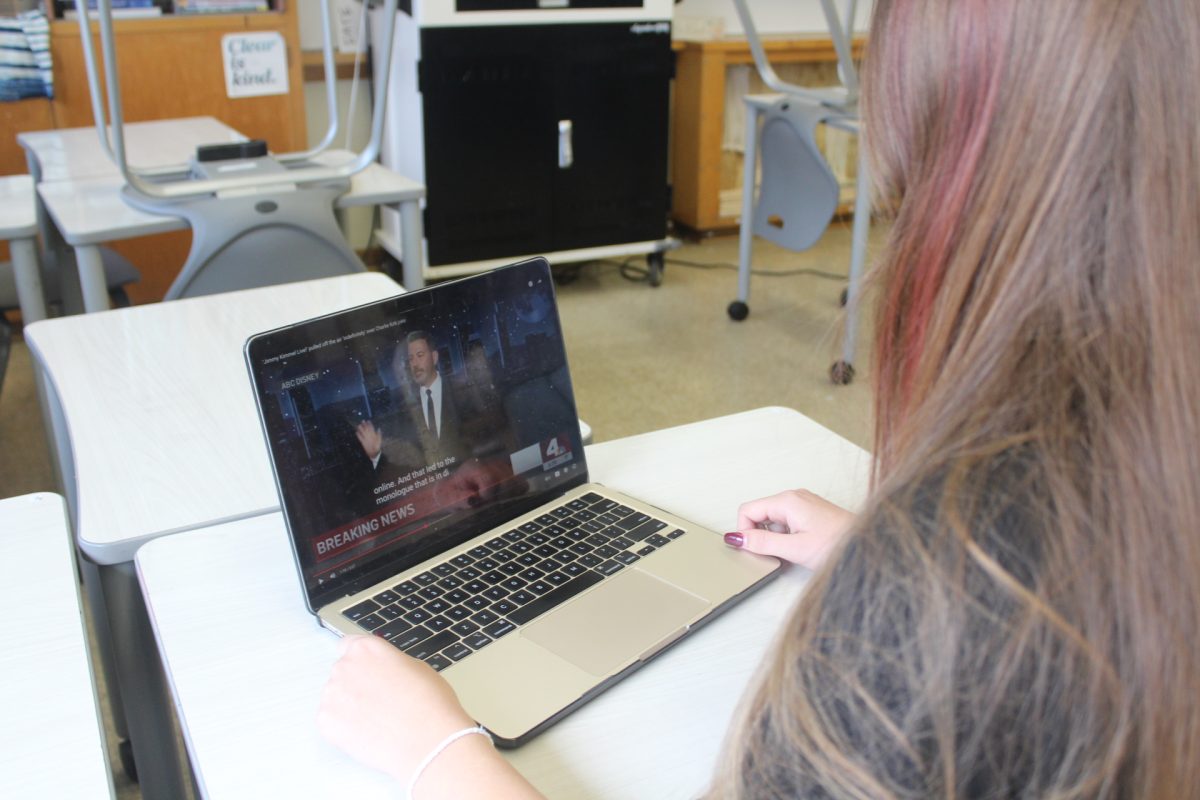
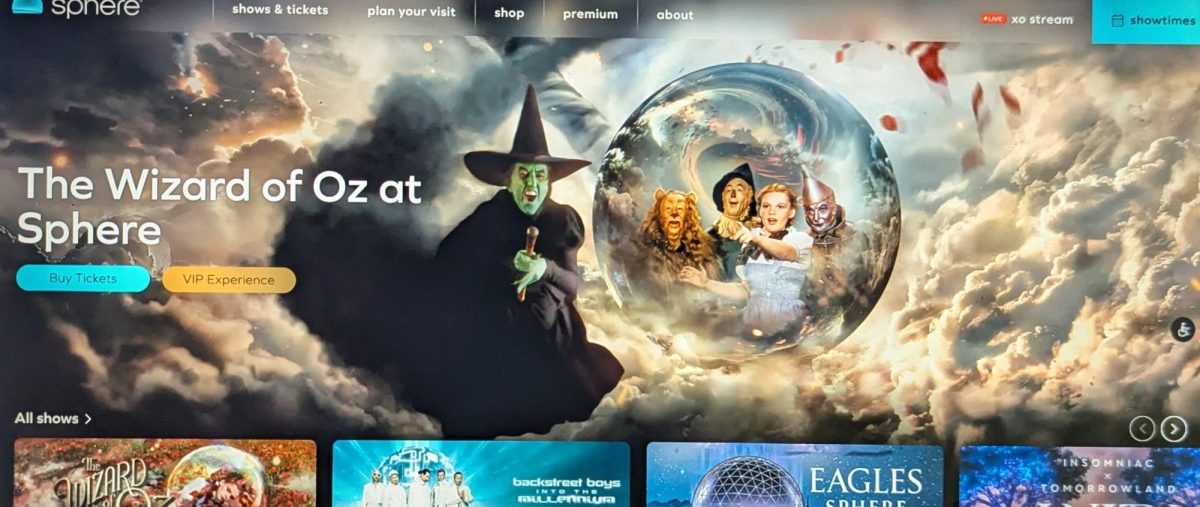

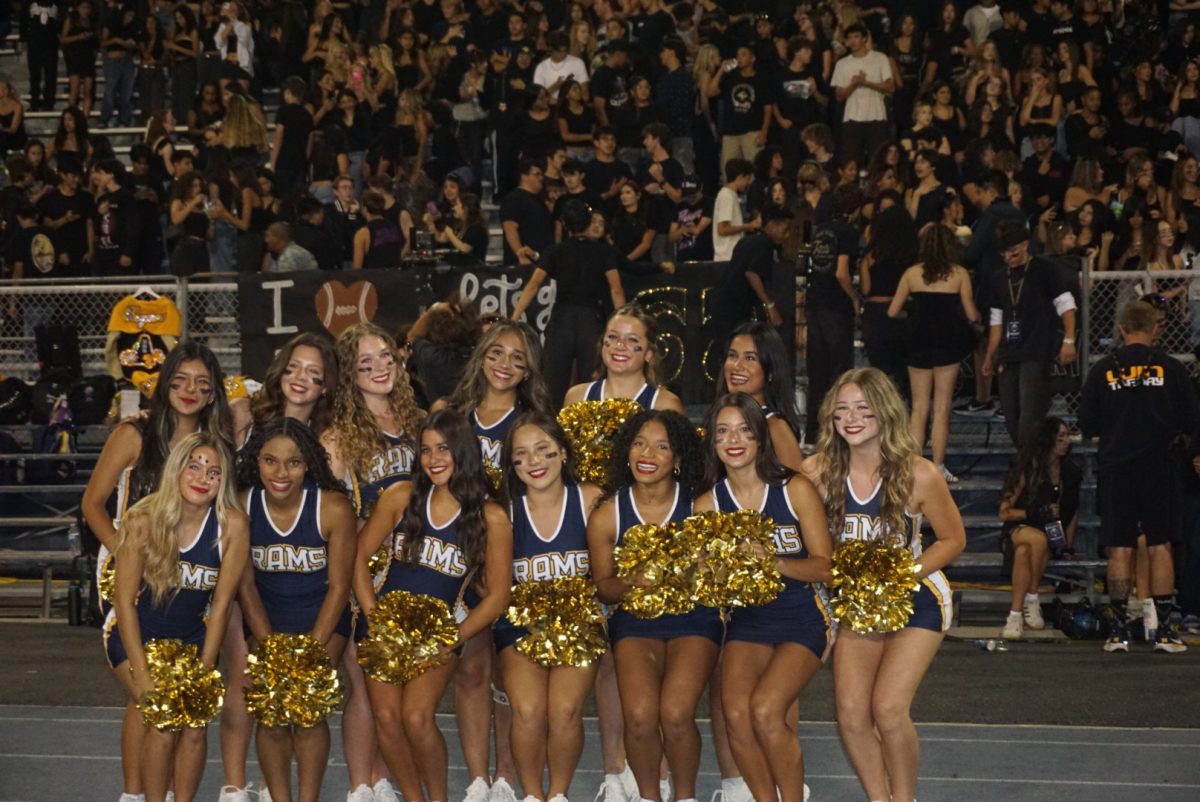





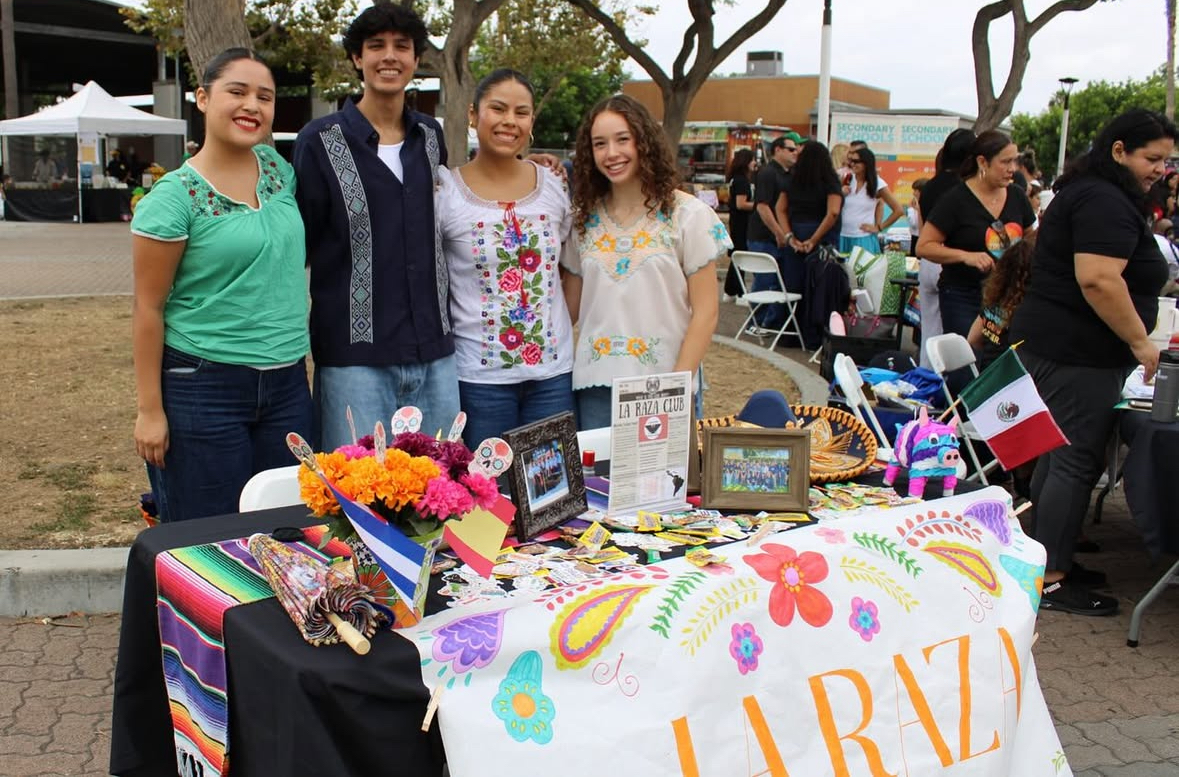


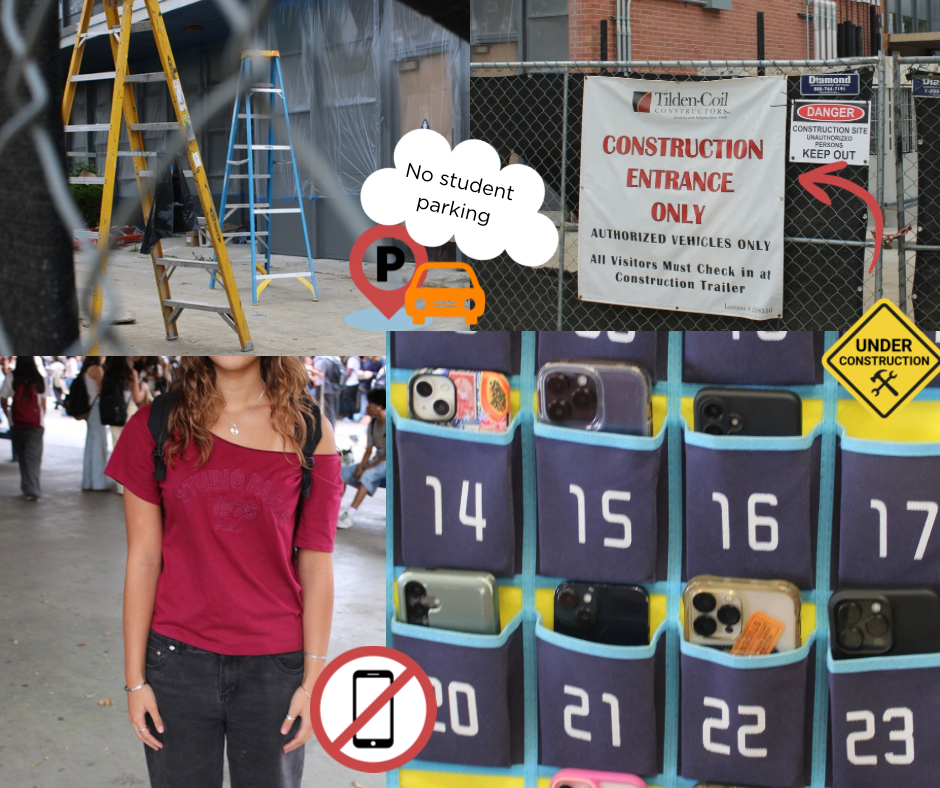

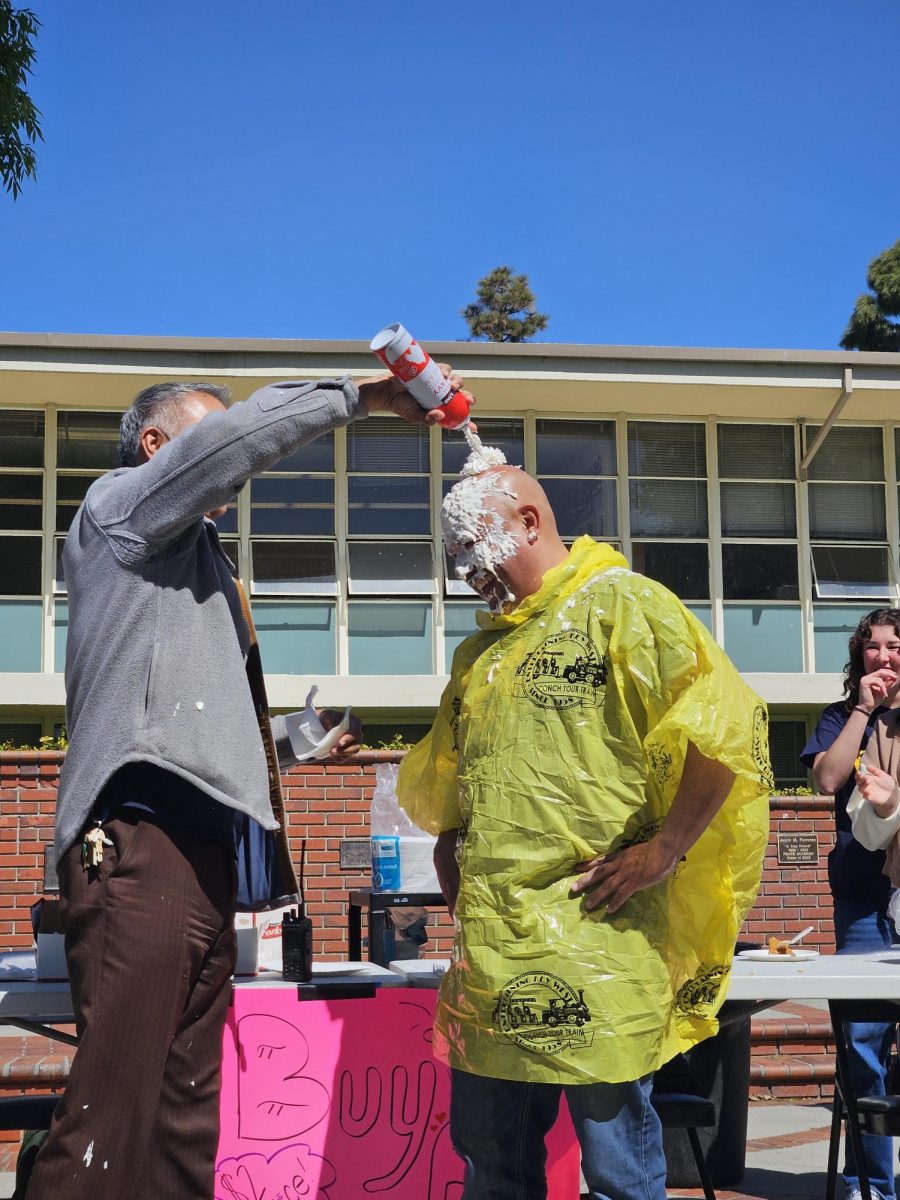




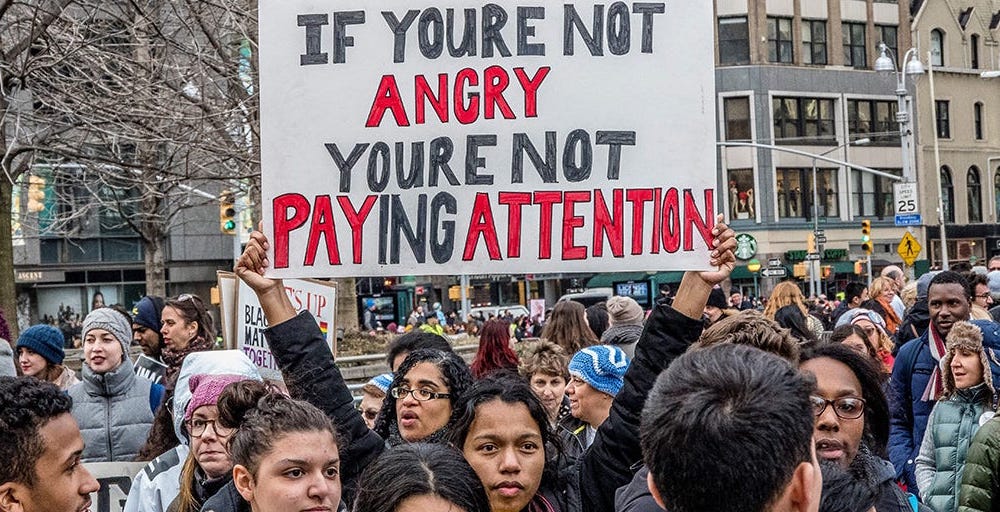










Alex Sok • Jan 18, 2025 at 11:55 pm
January 16, 2025
Dear Corydon Editor,
On January 14, 2025, Liam Hollon wrote an article titled “Social Media’s Political Adpocalypse.” One of the things I enjoy the most about the article is the inherrent neutrality when it comes to addressing the politics that have entrenched a lot of social media platforms. It’s concerning how influential these platforms are and the impact they can have on people. I do want to say, however, that it’s not just young minds being affected by social media’s political stunts, but even the more elderly have shown to be affected by the ads and smear campaigns, whether it further radicalizes them, pushes them away from a state of neutrality and fairness, or purely taint their view on politics and political canidates. It would also be nice to have some examples of how ads may be represented to different online audiences, as it may be unclear to some about how certain people may be selectively shown certain media. It’s still boggling how social media, an online discussion platform that should be used to discuss and share things with fairness and kindness, is instead warped into these smear campaigns that take up the challenge of who can make the other side look worse. The political ads on social media platforms are defintely a problem, and what examples could be taken in order to prevent such smear campaigns from being such a widespread and deeply-rooted phenomenon?
Sincerly,
Alex Sok
Angel Machado • Jan 15, 2025 at 1:38 pm
The beginning of the article does a professional job at introducing a few of the tools and components that makes Social Media a potential threat to its audience. Specifically speaking, the algorithm created online, despite serving as a way to make posts and entertainment on social media more relatable and interesting to the specific account, also makes it more difficult for its audience to experience different types of content. That being said, Hollon shifts this event to relate it to how these algorithms can threaten Americans’ ability to properly compare points made by differing political perspectives. To help illustrate his point, Liam uses evidence in the form of an interview in which a student testifies that his friend has experienced an abundance of political ads to persuade him to think in a certain way. This would only create a new generation of citizens with a lack of looking at differing perspectives for the purpose of accurately making a decision, which is highly important in the event of voting during an election.
Hollon concludes the article by stating that advertisements on social media do not only tailor to audiences that are in favor of certain political views and figures, but these advertisements can also spread false information. For this reason, Hollon believes that it would serve everybody better if digital advertisements were better regulated.